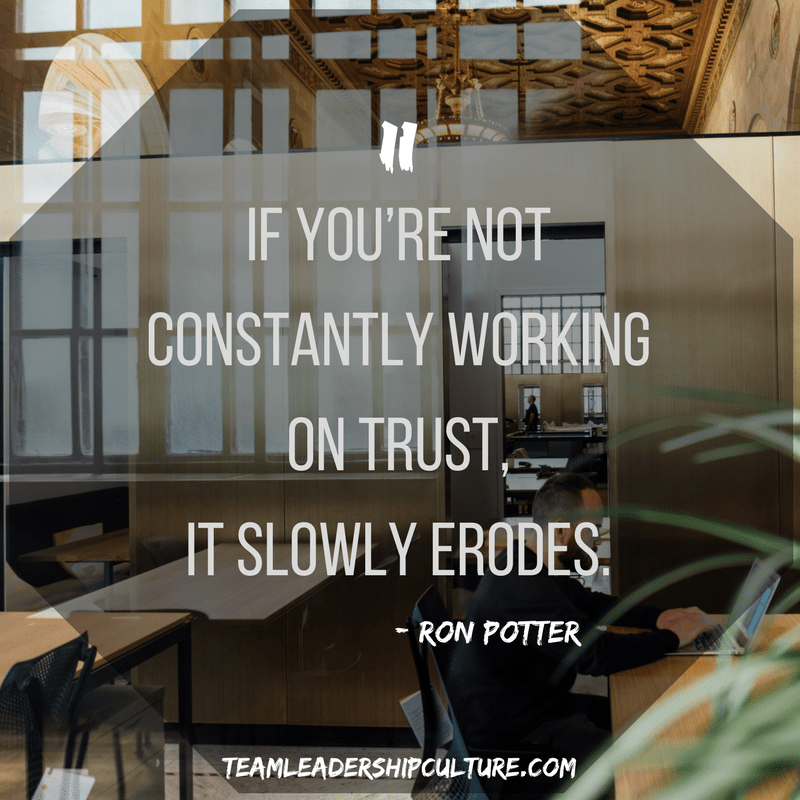 I love this statement by Farson: “Business and industry spend billions of dollars each year to train, encourage, and reward their employees – and to install security systems.”
I love this statement by Farson: “Business and industry spend billions of dollars each year to train, encourage, and reward their employees – and to install security systems.”
I remember a statement by Steven Covey (author of 7 Habits of Highly Effective People) that he could always tell the level of trust in an organization by how many rules and systems they had in place. The more the rules, the less the trust. I have also found this to be true. To me, the apex of this is when every member of the top leadership team is expected to know every detail about their operation. It’s stated as an indication of competency but in reality, it’s an indication of lack of trust.
Farson further elaborates by saying, “Situations, more than individuals, are what produce the difficulties, even though it almost always looks as if it is individuals who are fouling up. The better managers try to fix situations, not people, by making structural changes in their organizations.”
In addition to the structural changes, my experience is that building trust must be a regular focus of leadership teams. Like any conditioning, if you’re not constantly working on trust, it slowly erodes. And like any erosion, at some point, the dam breaks and it’s completely washed away.
Farson makes the point that most employees are trying to do the best they can. I agree. People really want to be productive, successful, valued, encouraged, and encouraging. It’s usually the system, structure, leadership, and lack of trust that discourages them from doing their best.
One of his closing statements in this section is, “When we build a team of people, we may, at the outset, wish that its members were different from what they are—we think this one might be too shy, that one too boisterous, another too cerebral, and so on. But once the team is built and begins working together, something pleasantly surprising happens. Instead of continuing to want to change these people, all those characteristics that may have concerned us at the outset become qualities we come to appreciate as simply being part of the way these people are. Absurdly, we find that we really wouldn’t want it any other way.”
Diversity is the key to great teams. But not diversity alone. It’s when the diversity is honored, trusted and appreciated that makes great teams. How much are you working at honoring, trusting and appreciating your teammates?
I’m continuing my series on an in-depth look at a wonderful little book that’s twenty years old this year. The title is Management of the Absurd by Richard Farson. You may want to consider dropping back and reading the previous blog posts about ABSURD! I think it will put each new one in great context.

